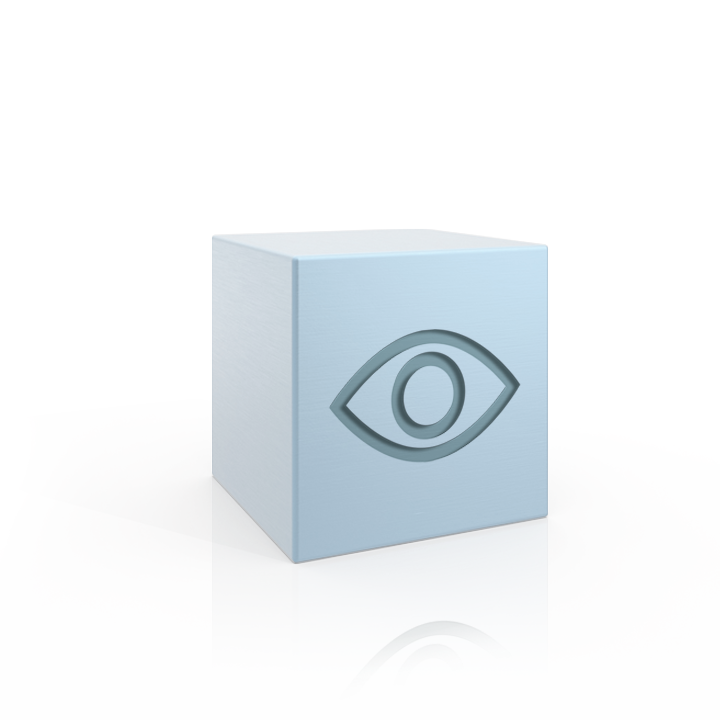Beckhoff added integrated image processing to the successful TwinCAT world many years ago with TwinCAT Vision. The video shows how the TwinCAT Vision image processing solution has developed over the years and where it is used.
More about this video

TF700x | TwinCAT 3 GigE Vision Connector
With the TwinCAT 3 GigE Vision Connector, you can integrate GigE Vision cameras directly into the TwinCAT architecture. TF700x is also GigE Vision certified. The cameras are configured in the same development environment as fieldbus components or axes, without any third-party software. Image capture and PLC or motion control are triggered from real time and can be operated in a highly synchronized way.

TF7020 | TwinCAT 3 Vision Beckhoff Camera Connector
The TwinCAT 3 Vision Beckhoff Camera Connector offers the option of integrating Beckhoff cameras directly into the TwinCAT architecture. The cameras are configured in the same development environment as fieldbus components or axes. Triggered from real time, image acquisition and PLC or motion can be run with a high degree of synchronicity.

TF7100 | TwinCAT 3 Vision Base
TwinCAT 3 Vision Base provides an extensive PLC library with a large number of widely varying functions and algorithms for solving image processing tasks, such as e.g. algebraic image operations, filters, Fourier analyses, color image processing, segmentation, contour and blob analysis or results presentation, as well as for reading and writing camera parameters. In addition to PLC, motion control, robotics and measurement technology, image processing is now also available as directly integrated functionality in the TwinCAT system.

TF7200 | TwinCAT 3 Vision Matching 2D
TwinCAT 3 Vision Matching 2D expands the TwinCAT Vision functionality by the possibility to find and compare objects based on learned references, contours, feature points or other properties (template matching/keypoint detection and descriptor matching).

TF7250 | TwinCAT 3 Vision Code Reading
TwinCAT 3 Vision Code Reading includes functions for reading various 1D and 2D codes. This provides the basis for being able to check code content directly in real time and to track products during the manufacturing process. It eleminates the need for additional interfaces and runtime delays in communication with external devices.

TF7255 | TwinCAT 3 Vision Code Quality
TwinCAT 3 Vision Code Quality complements the basic package with functions for quality evaluation of various 1D and 2D codes. Evaluation is carried out in accordance with the ISO/IEC 15415 and ISO/IEC 15416 standards.

TF7260 | TwinCAT 3 Vision OCR
TwinCAT 3 Vision OCR contains functions for optical character recognition (OCR). The functions identify characters in an image and return the recognized character string.

TF7300 | TwinCAT 3 Vision Metrology 2D
TwinCAT 3 Vision Metrology 2D offers various options for the detection of edges, holes and circular arcs as well as the determination of lengths, distances, diameters, angles and coordinates, all with sub-pixel accuracy.

TF7800 | TwinCAT 3 Vision Machine Learning
TwinCAT 3 Vision Machine Learning provides an integrated machine learning (ML) solution for vision-specific use cases. Both the training and the implementation of the machine learning models take place in real time, and they even help machines to learn sophisticated data analyses automatically. This can be used to replace complex, manually created program constructs.

TF7810 | TwinCAT 3 Vision Neural Network
TwinCAT 3 Vision Neural Network provides an integrated machine learning (ML) solution for vision-specific use cases. The implementation of the machine learning models takes place in real time. With the help of these models, complex data analyses can be learned automatically. This means that complex, manually created program constructs can be replaced.